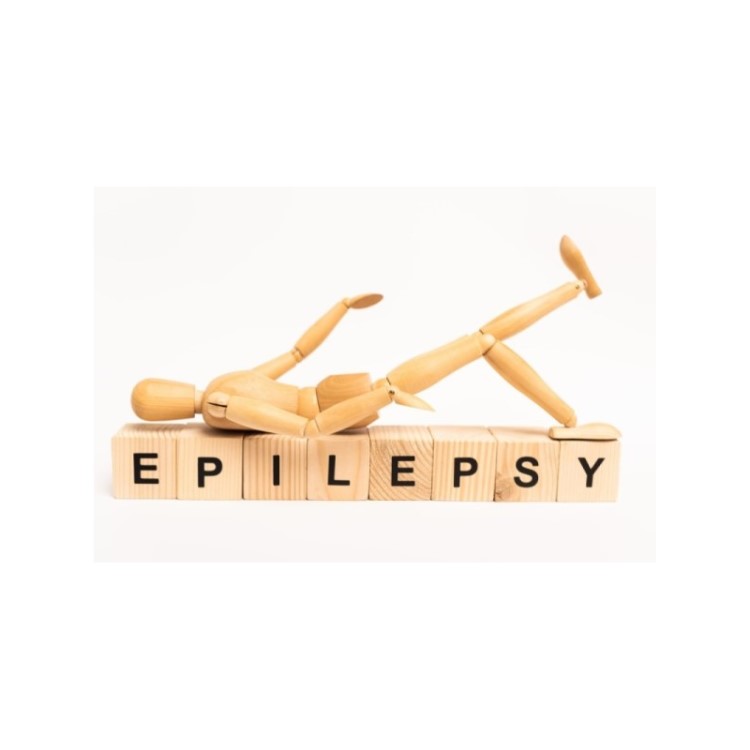
Breakthrough Gene Therapy Offers Hope for Severe Developmental Epilepsy in Children
On Jun. 27, 2023, researchers from Tel Aviv University announced they have developed an innovative gene therapy that may help children suffering from Dravet syndrome (DS), a severe developmental epilepsy caused by a random mutation in the SCN1A gene during fetal development.
DS is characterized by uncontrollable epilepsy, developmental delays, cognitive impairment, and a high risk of early death. The team’s innovative gene therapy not only improved epilepsy but also protected against early death and enhanced cognitive abilities in DS lab models.
Promising results followed, with the highest efficacy observed when the treatment was administered at three weeks of age. In these mice, seizures ceased entirely within 60 hours of injection, life expectancy significantly increased, and cognitive impairment, assessed through spatial memory tests, was completely restored. Even in mice treated at five weeks of age, there was notable improvement, characterized by reduced epileptic activity and protection against thermally-induced seizures. In the control group that received the empty virus, no improvement was observed, and the mice experienced symptoms akin to untreated mice, with approximately 50% succumbing to early death due to severe epilepsy. The treatment was also applied to healthy mice without any adverse effects, demonstrating its safety.
The researchers are hopeful that their genetic therapy can be adapted for other genetic epilepsies and may lead to the development of similar treatments for rare diseases. The study involved injecting a virus carrying a normal SCN1A gene into the brains of DS mice. The treatment demonstrated effectiveness in various critical aspects, even after the onset of severe epilepsy. The researchers express optimism that their laboratory technique will eventually reach clinical settings and provide help to children wit this debilitating disease. They also believe that the tools developed during this research will pave the way for similar treatments for other rare diseases.
The researchers clarify that their treatment restored normal function to damaged neurons in the brain by introducing a complete, normal gene. This approach is crucial in treating Dravet syndrome since the mutation can occur at different locations within the gene, and administering a complete gene provides a univform treatment suitable for all DS patients. Furthermore, the chosen virus infected numerous nerve cells and spread widely beyond the injection site, enhancing its effectiveness. The research was published in the Journal of Clinical Investigation.
Tags:
Source: Tel Aviv University
Credit:
